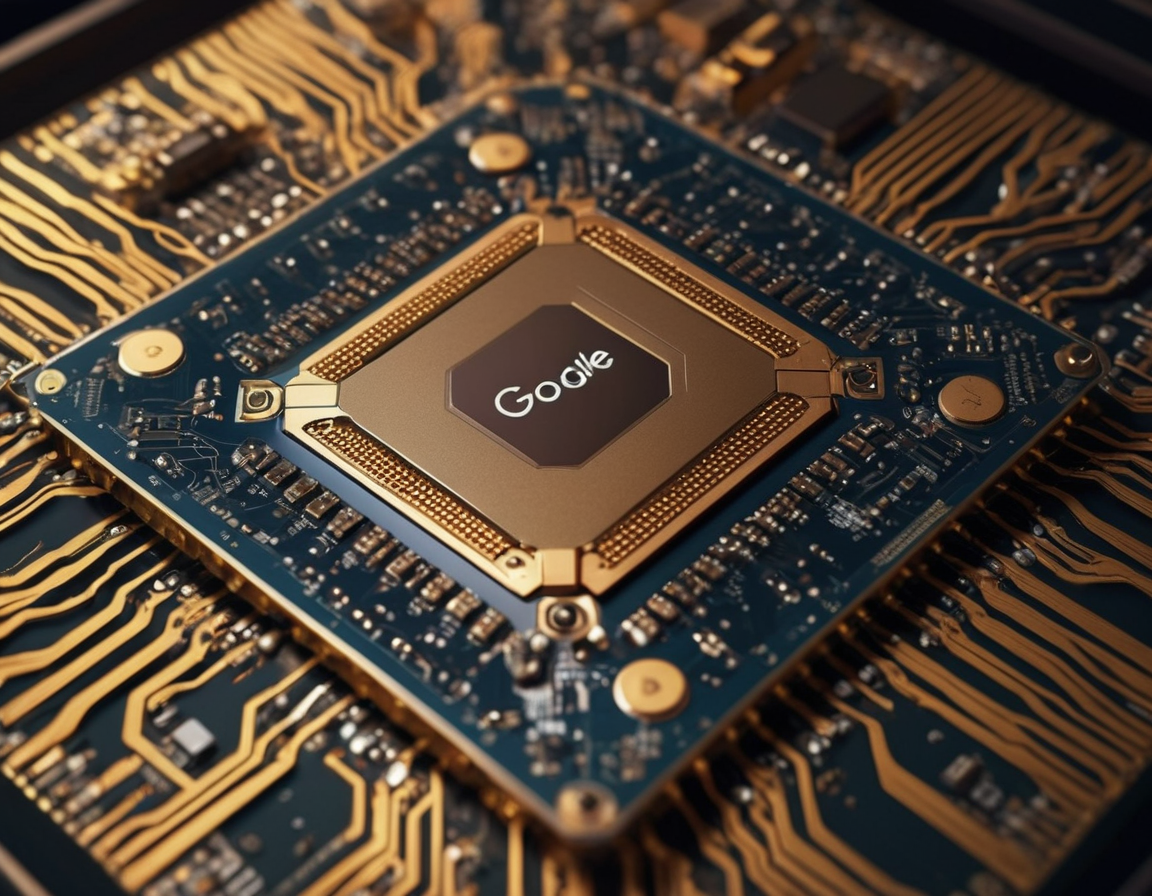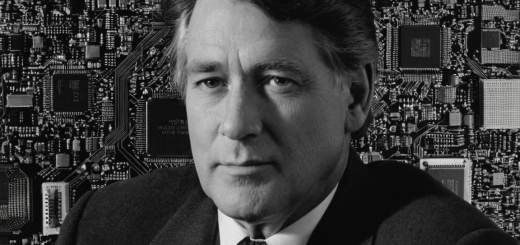Exploring the Marvels of Quantum Computing: A Glimpse Into the Future
What is Quantum Computing?
Quantum computing is a rapidly evolving field at the cutting edge of technology that promises to revolutionize the way we process information. Unlike classical computers, which use bits as the basic unit of information, quantum computers use quantum bits, or qubits, that can exist in multiple states simultaneously thanks to the bizarre properties of quantum mechanics. This capability allows them to perform complex calculations at unprecedented speeds, potentially solving problems that are intractable for classical computers.

The Basics of Quantum Mechanics
At the heart of quantum computing lies quantum mechanics, the fundamental theory in physics that provides a description of the physical properties of nature at the scale of atoms and subatomic particles. Quantum mechanics reveals a world where particles can exist in a state of superposition, meaning they can be in multiple states at once, and become ‘entangled’, sharing states in such a way that the state of one (no matter the distance between them) can instantly affect the state of another.

Quantum Computers in Action
Today’s quantum computers are still in the experimental stage, but they have already demonstrated the potential to outperform classical computers in certain tasks. For example, Google’s quantum computer, Sycamore, reportedly achieved ‘quantum supremacy’ by performing a calculation in 200 seconds that would take the world’s fastest supercomputer over 10,000 years to complete. The applications of quantum computing are vast and could include breakthroughs in drug discovery, material science, encryption, and optimization problems in various industries.

Challenges and the Road Ahead
Despite the promise, there are significant technical challenges to overcome before quantum computing becomes widely available. Qubits are incredibly sensitive to their environment, and maintaining their quantum state long enough to perform calculations requires incredibly low temperatures and isolation from any kind of disturbance — an engineering challenge of the highest order. Moreover, quantum algorithms and software that can fully harness the potential of quantum computing are still in their infancy.
As research and development continue, the future of quantum computing looks bright, and it has the potential to become one of the defining technologies of the 21st century. The journey to a practical quantum computer might be long and uncertain, but the rewards could redefine the landscape of computing forever.
Stay tuned for updates on this fascinating field as we continue to monitor its growth and emerging applications.






